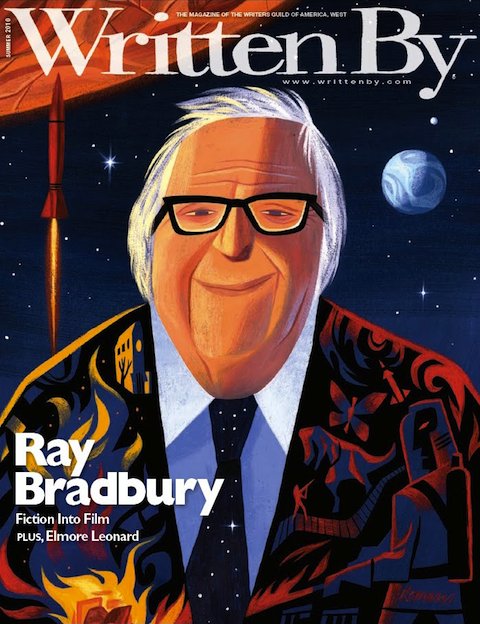One Step into the Truth
As a member of a
famous animal right movement group in Korea, I myself have been interested in
animal rights and animal protection for many years. Whenever I read the
articles or postings about the cruelties to animals on the Internet, I see a
great number of people are interested in the issue just like me. Yet, we are
hardly at consensus about what is the animal right and how we should protect
the animals. Some of us are as extreme as to avoid meats and any products that
are made from animals, and some are purely motivated to participate in animal
protection by inclination toward other animals, mostly pets. The director of
Earthlings, Shaun Monson, is close to the former. He alleges that the animals,
not only the humans, have rights to live unperturbed life, criticizing commercial
exploits of animals. This extreme stance of the director contributes to polarized
reactions to Earthlings; many vegans and animal activists welcome his points,
while others are uncomfortable and critical about them. However, whether or not
the director’s point can be admitted, the movie is well made to convey its message
and bring out wanted reactions from the audience.
Some people argue that the issues of the movie are so wide-ranged
that it failed to suggest any detailed and feasible solution for any matter. However,
if we look closer, we can see the common center of the myriads of information;
the origin of the problem is not in a particular field of industry or
particular class of people, but in universal attitude of people toward the
other species. It does matter that we are eating the chickens and pigs raised
in filthy and overcrowded place and our clothes contain deadly preserves; however,
unless people think it is wrong to treat animals as the resources for products,
another problem will continue to emerge from any other place, even when we try
to alleviate in one problem. For instance, despite of the restraints in many
regions of India, people have designed devastating “death march” to transport
the region where killing cow is legal. As far as the consumption and need for
the leather exists, manufacturers will do anything to fulfill the needs. The
last scene of the clothing exemplifies the director’s main point with ironic
metaphor; a woman asks “how much is this run” and a clerk responds, “This is…
$49,500.” Can human beings measure the devastating suffering and violences of the death march
in monetary values? After seeing the wide ranging problems of cruelties to animals, we
are forced to conclude that an attempt to commercialize animals has to be
changed.
Some people also assert that the film is
emotionally effective but fails to change people’s behavior. First of all, I
want to point out that persuasion by pathos is not at all inferior to that by
logos. Moreover, animal protection is all about emotions, especially compassion. In
an interview, Shaun Monson says in an interview that if we view any group in the perspective of empathy,
it would mirror our humanity. Since long before the civilization evolved,
people divided people into two groups: the inner group linked with compassion and sympathy, and outer
group avoided with apathy and hostility. People start to care about others when
they feel empathy. Without empathy the world would be full of wars, disputes,
and jealousy. The director goes one step farther to extend this universal
sentiment to the all creatures. As Tolstoy
said, "as long as there are slaughterhouses, there will be battlefields,” as
well as apathy exists toward certain group, it would reflect our humanity. Like the elephant trainer in the film, people with extreme hostility to other creatures are very likely to have the similar problem with relationships with other people, since animals are emotional beings like humans. Earthlings
effectively triggers universal empathy to all living creatures using various
video clips and quotes. If it had relied on logics and reasons why we should
not treat animals as mere objects or lesser creatures, it would have been
impossible to convince people of the link among the earthlings.
It is true that even with deep emotional resonance,
few people actually change their life style after watching this film. Many
people say in response videos, that they felt great guilt while watching the
film, yet are still ignorant about speciesism. People tend to justify their
meat-eating, animal experiments and animal products, clinging to the belief
that the conditions cannot be too bad. As the narrator says in the conclusion,
ignorance is the speciesist’s first line of defense. However, the director
believes that ignorance can be breached by anyone with time and determination
to find out the truth. To pursue the change, we must go through ridicule and
violent opposition, the first two steps of three stages of truth. Since,
exploits of animals are so deeply rooted a custom in human history, it requires
pains and struggles to disclaim this life style. However, as more and more
people watch how their products and foods are made, they would inevitably find
a way to ameliorate the conditions of animals.
Actually, I once tried to be a vegetarian a few months ago,
after I watched a video of thousands of hogs being buried alive last year when the foot
and mouth disease was spreading. During the first week after I watched the video, I avoided eating any
food containing meats or eggs because of trauma. Yet, the trauma fainted away
day by day, and now I eat meats and dairy foods, though less frequently and in
less amount. Change, usually comes when the stimulants accumulate to a tip
point. This 90 minutes movie on Youtube can hardly be life shifting experience
for many people. Nonetheless, this film introduce people to take a first step
into the animal rights and make them investigate, research, and discuss to find
what is the “truth”.











.png)
